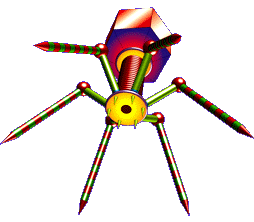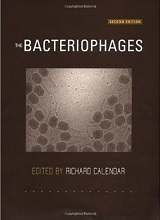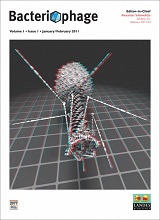

Absolute clocks based upon the loss of unstable elements in combination with the accumulation, within samples, of products of nuclear fission.
Also known simply as radiodating, radiometric dating is a type of absolute dating. Commonly used approaches in paleontology include carbon dating (for more recent samples) and potassium-argon dating (for older samples). Contrast relative dating.
Key to the process is a means by which the these clocks, which are based on radioactive decay, are started. This involves either the accumulation of a set ratio of isotopes that are then fixed at the point of organism death (carbon dating) or instead a purging of a sample of accumulated fission products (potassium-argon dating).
In radiometric dating either a sample of remains, or instead surrounding strata, is analyzed to determine ratios of isotopes or elements that are present. If it is the remains that are sampled (for carbon dating), then it can be assigned an absolute date. If it is surrounding layers, such as volcanic ash (for potassium-argon dating), then the sample can be assigned a date that is relative to that of strata (such as older than an overlying ash layer or younger than a lower layer).
For more on this topic, see Wikipedia and Google. Contact web master. Return to home.











